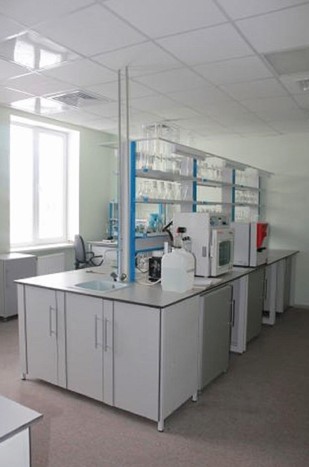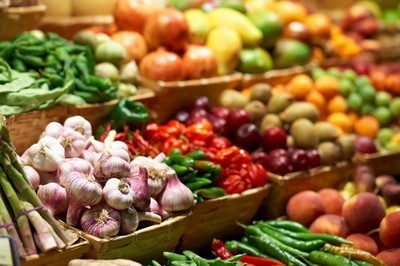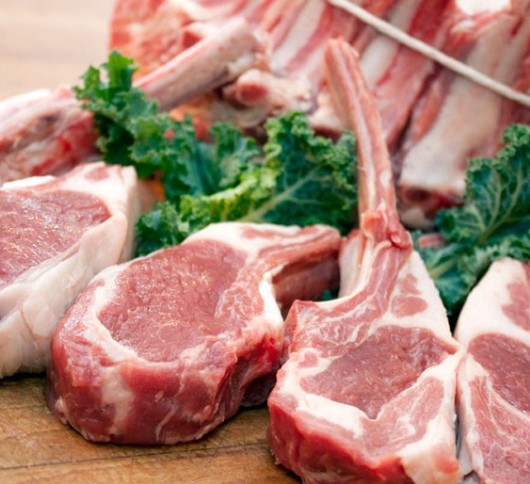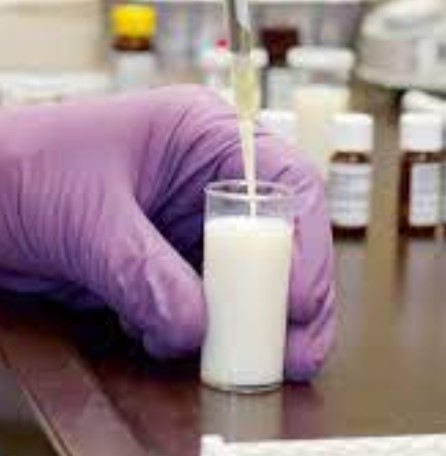FAO: By the end of the year, world food prices could rise by another 22%

World food prices could rise by 8-22% from their current high levels due to the conflict in Ukraine. Such a forecast is contained in the message of the Food and Agriculture Organization of the United Nations (FAO). Russia and Ukraine are among the largest producers of agricultural products in the world. The total share of the two countries in the global supply of barley is 19%, wheat - 14%, corn - 4%. Thus, they account for more than a third of the world's grain exports.
The report also states that these countries are the world leaders in the supply of rapeseed oil, they own 52% of the sunflower oil market. In addition, Russia is the world's largest exporter of nitrogen fertilizers and the second largest supplier of potash and phosphate fertilizers. “Disruptions in the supply chains and logistics of supplies of grains and oilseeds from Ukraine and Russia, along with export restrictions imposed on Russia, will have a noticeable impact on the level of food security,” the UN FAO press service quoted FAO Director-General Qu Dongyu as saying.
According to him, first of all, about 50 countries that receive more than 30% of their grain from Russia and Ukraine will feel this. Many countries in Europe and Central Asia are still more than 50% dependent on the supply of Russian mineral fertilizers, while the export of nitrogen fertilizers is limited to a quota that can be maintained next year.
In February 2022, global food prices have already reached historical highs, driven by strong demand, rising costs of inputs and transport, and disruptions to ports, the report says. Thus, over the past year, wheat and barley have risen in price by 31%, prices for rapeseed and sunflower oil have risen by more than 60%. Strong demand and volatility in natural gas prices have pushed up the cost of mineral fertilizers. In particular, prices for the main nitrogen fertilizer - urea - have tripled in 12 months. The events taking place today in Russia and Ukraine complicate the situation even more, Qu Dongyu said.
Already in June, grain harvesting will begin, but it is not yet clear whether Ukrainian farmers will be able to harvest and put it on the market. At the same time, access to Ukrainian ports on the Black Sea is blocked. To the high cost of maritime transportation is now added the rise in the cost of insurance in the Black Sea region. These costs will be covered by an increase in the price of imported food products, UN FAO analysts say.
The financial sanctions imposed on Russia have led to a sharp devaluation of the ruble, and its further depreciation can limit productivity and growth, which will ultimately lead to a rise in the cost of agricultural products, the organization notes. The prospects for sunflower oil supplies also look unclear, so that the main importers of sunflower oil, including the EU, will have to look for alternative suppliers or switch to other vegetable oils.
Georgy Ostapkovich, director of the HSE Center for Market Research, said that at the moment “it’s completely useless to guess about the price level,” because they are influenced not by market, but by geopolitical factors. “Prices will definitely rise, but some limiting cost routes should not be set. It is worth noting that countries have printed a lot of unsecured money, and, as a rule, the conflict lasts a year and a half, until prices find an equilibrium, the expert argues. - Two stresses - pandemic and geopolitical - negatively affect prices, but the market will definitely find its balance. When this happens depends on how the situation in Ukraine develops.”
Meanwhile, the Ministry of Industry and Trade admits that the government will resort to setting fixed prices for food products if it is not possible to agree with manufacturers to reduce them, RIA Novosti reports, citing a video recording of the meeting of the deputy head of the department, Viktor Yevtukhov.
How food prices will change around the world due to the war in Ukraine. Translation of The Wall Street Journal
In turn, the head of the Ministry of Economic Development, Maxim Reshetnikov, said that the government will continue to interact with manufacturers and retail chains, but intends to maintain maximum flexibility in pricing goods in order to avoid shortages, Interfax writes. “If we overly rigidly dictate any prices to chains, manufacturers, and so on, then very soon we will face a shortage,” the agency quotes him. — <…> Under these conditions, it is very important for us to maintain the market nature of our economy. Only this will allow us to avoid a decline in economic activity as much as possible and recover as quickly as possible.”



























































